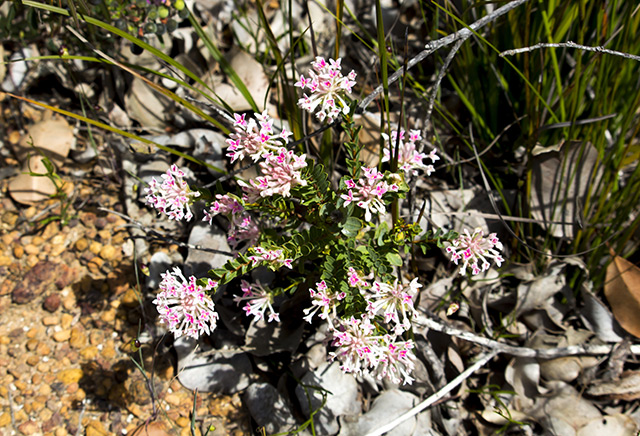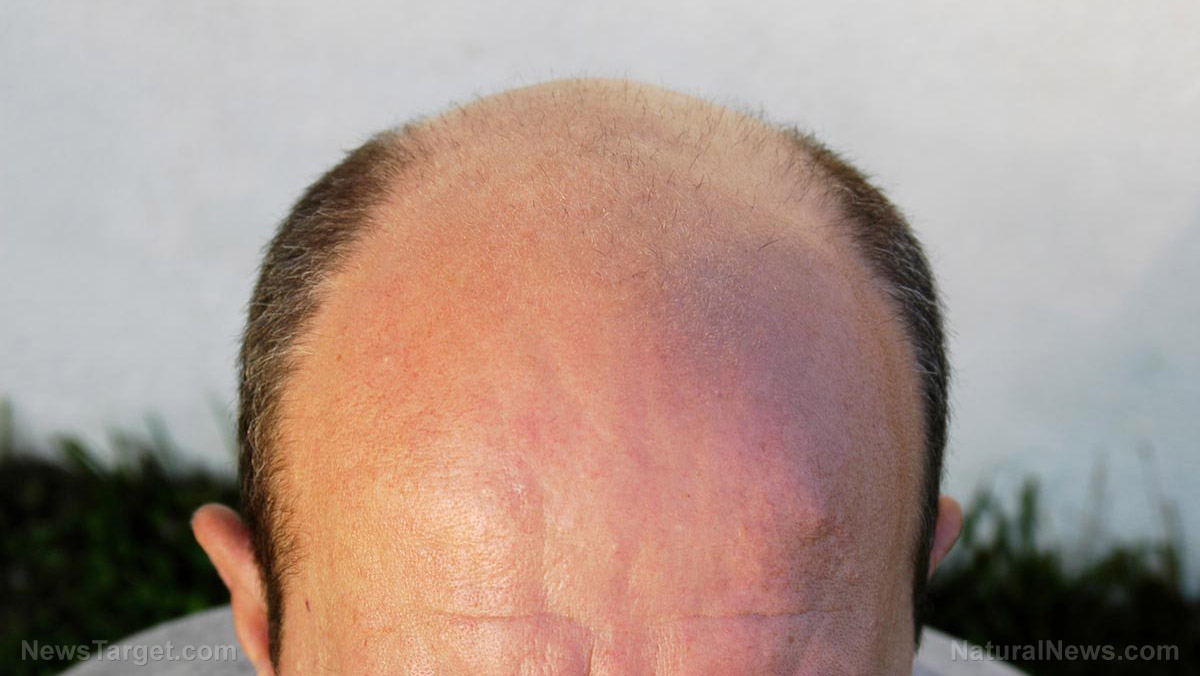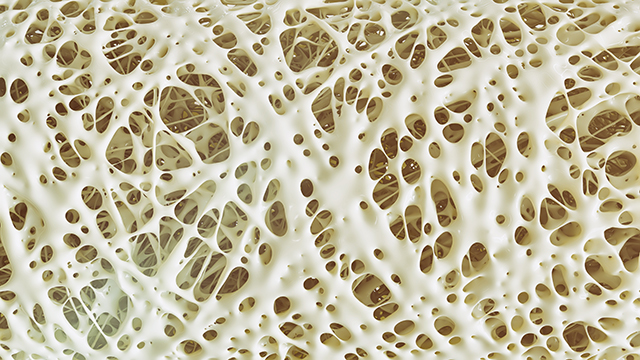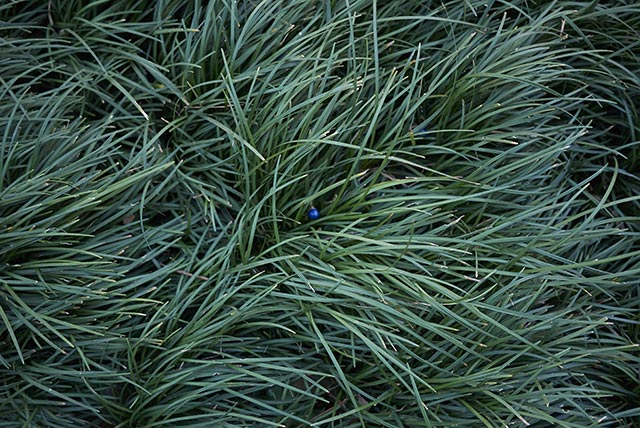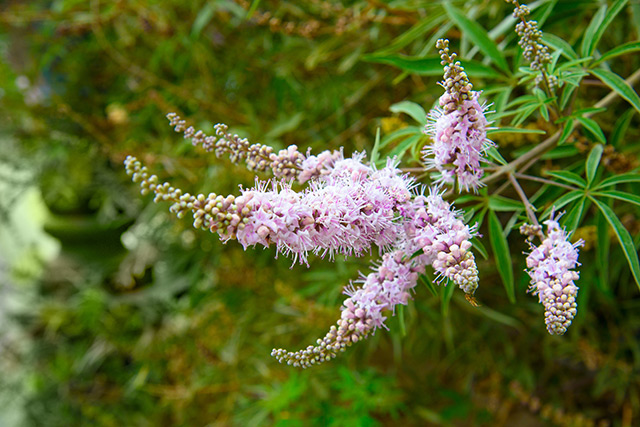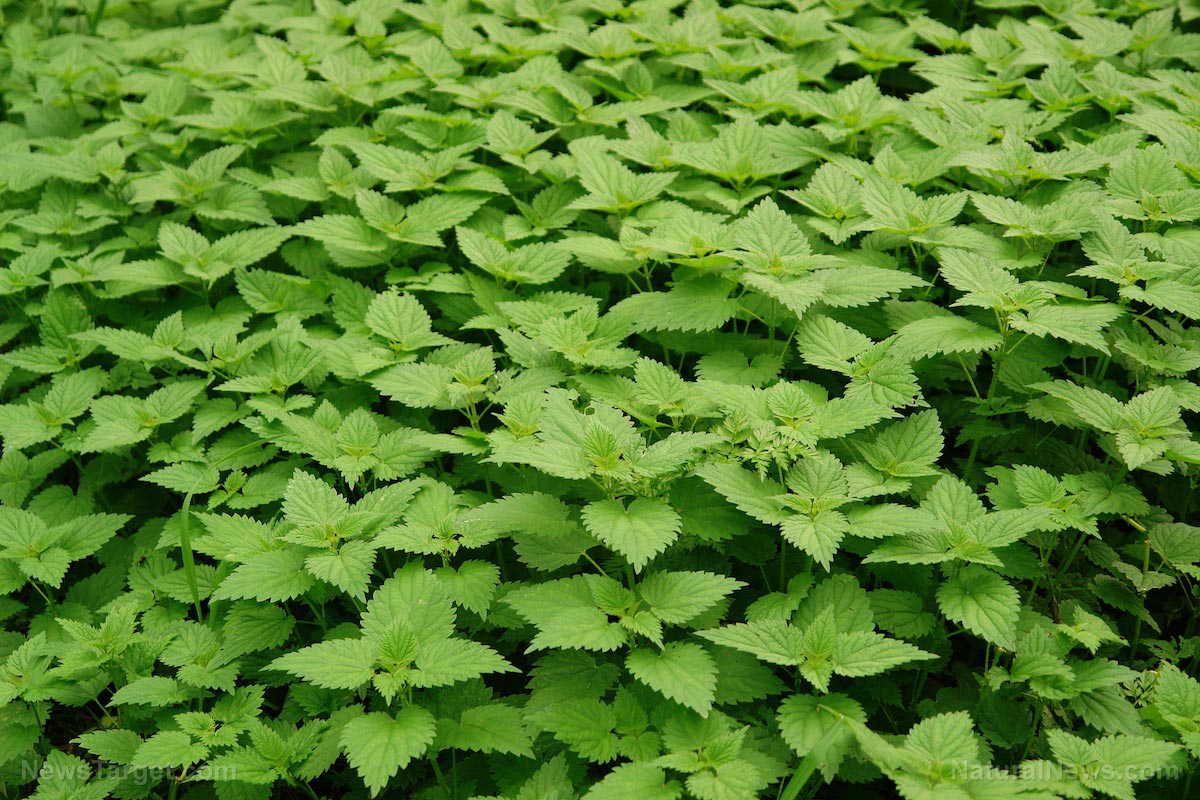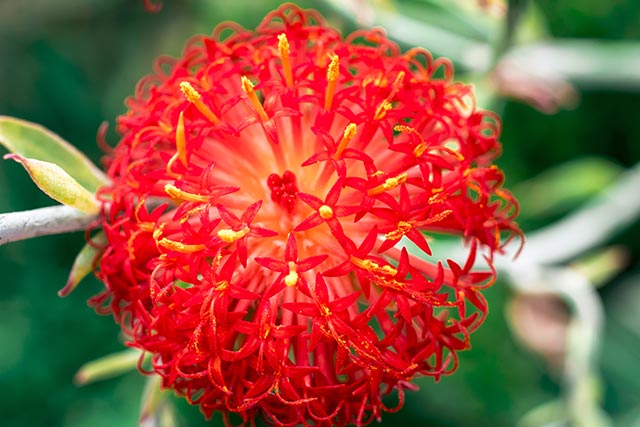More people are turning to herbal treatments as dissatisfaction with conventional medicine increases
10/19/2018 / By RJ Jhonson

Why do you use herbal medicine? A study published in the journal BMC Complementary and Alternative Medicine sought to answer this very question and came up with some insightful answers.
The field of medicine has made leaps and bounds over the centuries, but more and more people around the world are rediscovering the benefits of complementary and alternative medicine – and liking the results. To determine why this was so, researchers from Germany created a qualitative study with participants from three age groups.
They organized six focus groups made up of young (18 to 35 years old), middle-aged (36 to 59 years old), and elderly (60 years and above) participants. There were 46 individuals in total. The focus groups discussed a variety of topics revolving around complementary and alternative medicine, especially regarding the participants’ personal experience with herbal medicine (HM), why they use herbal medicine, and where they get their information about herbal medicine. All of the responses and discussions were recorded and examined using qualitative content analysis.
The researchers took note of several key points. First, the participants use HM as a treatment for both acute and chronic diseases but not so much as a means to prevent disease. Using herbal medicine as a means to stay healthy was even less popular. As one participant put it:
“I try to eat healthily, but I do not take herbal medicine as a preventative care, for not becoming ill later.”
When asked what they use herbal medicine for, most of the participants mentioned diseases like muscle pain, cold, and the flu. They also turn to herbs to relax and to be able to sleep easier. HM is the first choice – the starting treatment before they opt for conventional medicine. As a testament to their trust for herbal medication, some of the participants even mentioned giving herbal medicine to their kids.
100% organic essential oil sets now available for your home and personal care, including Rosemary, Oregano, Eucalyptus, Tea Tree, Clary Sage and more, all 100% organic and laboratory tested for safety. A multitude of uses, from stress reduction to topical first aid. See the complete listing here, and help support this news site.
Interestingly, the respondents agreed that herbs are not a cure-all. When it comes to serious diseases, during and after surgery, severe pain, and ensuring fast recovery, they consider herbal medicine to not be “so efficient.”
If this is the case, why do they keep on using herbs then? The participants cited the presence of too many side effects with conventional medicine, the lack of any actual effect from conventional treatment, and dissatisfaction with the doctor.
One participant narrated how they were prescribed cortisone by their dermatologist, only to discover that the drug made their skin thinner and their symptoms worse. After getting a book on folk herbal treatments, the participant decided to use an ointment made with the sarsaparilla plant and never looked back. The respondent declared that they hadn’t needed a dermatologist since.
Several participants cited a positive experience with herbal medicine. Some actually recalled instances when sticking to an herbal treatment regimen protected them from common and seasonal conditions like colds and the flu.
HM was cited as being healthier and more natural. According to the participants, herbs are something they can plant in their own garden. Unlike with chemical medicines, they know what the herbs are or what their tea contains. They do not have to worry about adverse effects from unknown ingredients either.
The discussions highlighted the importance of tradition and family history in the participants’ decision to opt for herbal medicine. The treatments were handed down through generations and had passed the test of time.
“As a child, I learned from my grandmother what she learned from her grandmother,” said one respondent.
Moreover, a lot of participants cited family tradition among the leading sources of information on herbal treatments. Most individuals claimed to do their own research by reading books and magazines. Medicinal experts were mentioned only a total of seven times in the discussions, according to the authors, making them just the third leading source of information on the matter.
The authors noted that while herbal medicine is used mostly for mild to moderate illnesses, the participants’ tendency to self-medicate could put them in danger. Healthcare professionals, they said, need to address the reasons behind people’s dissatisfaction with conventional medicine. They added that further research is needed to paint a more detailed picture of prevalence rates, use-related factors, and reasons for the use of herbal medicine.
Learn of other natural treatments at Cures.news.
Sources include:
Tagged Under: alternative medicine, complementary medicine, conventional medicine, herbal medicine, Herbs, natural cures, plant medicine, problems with conventional medicine



